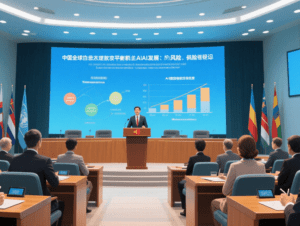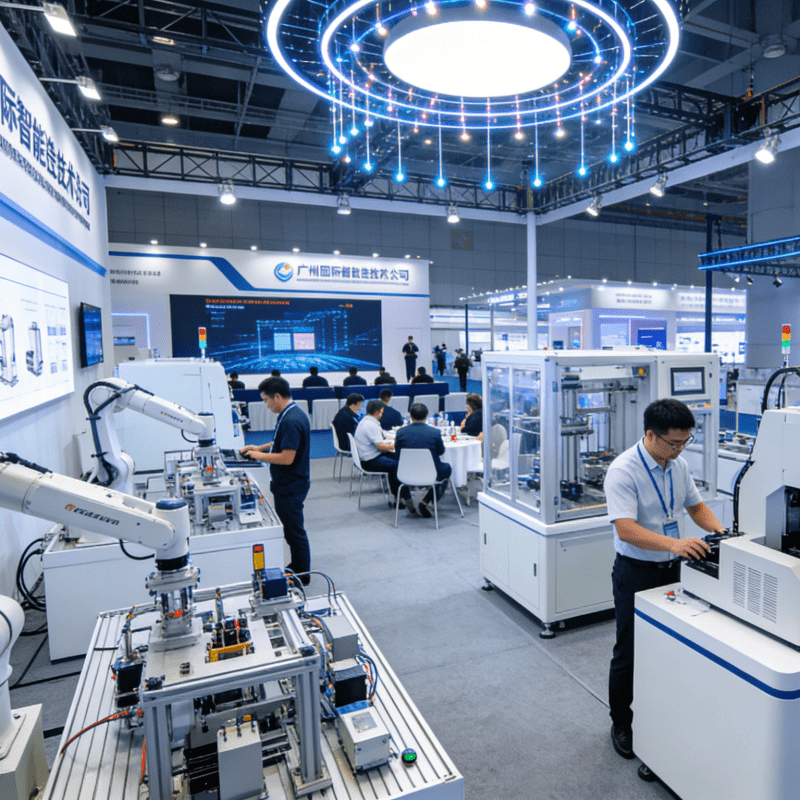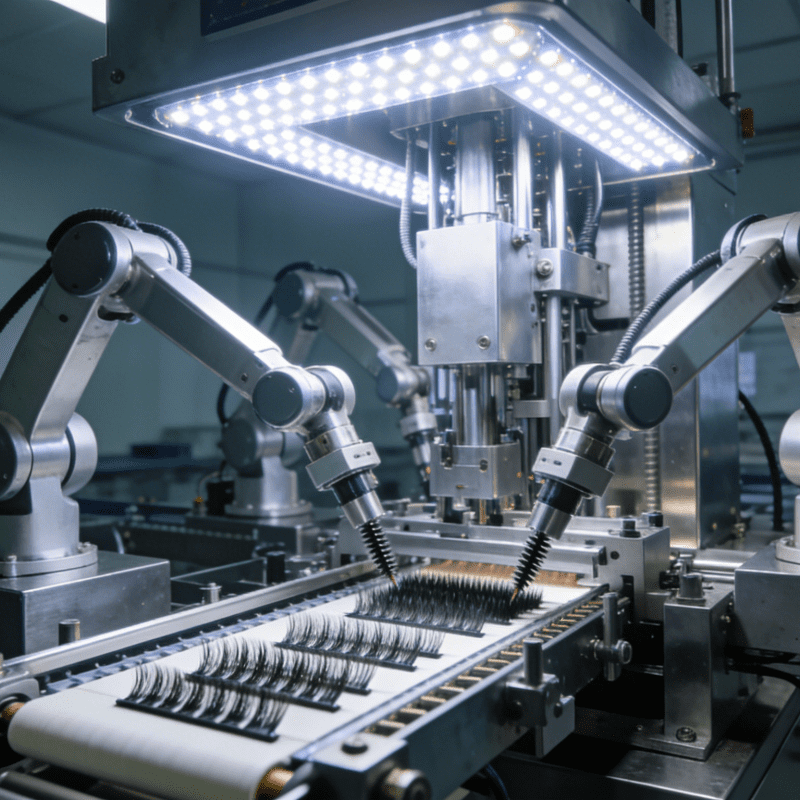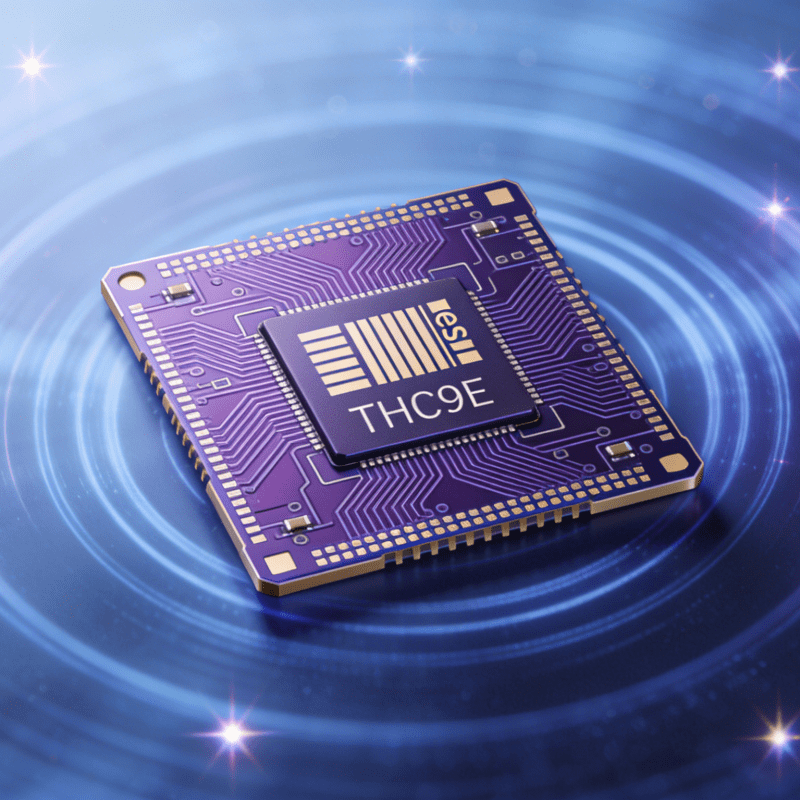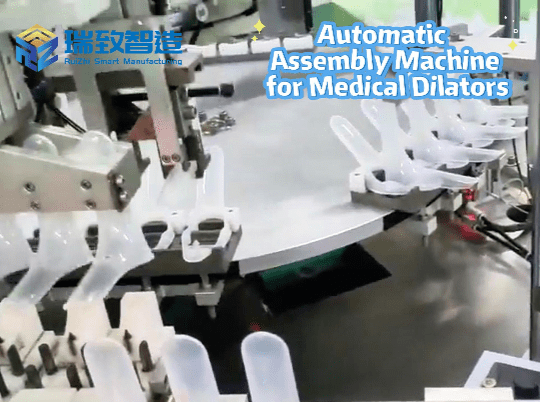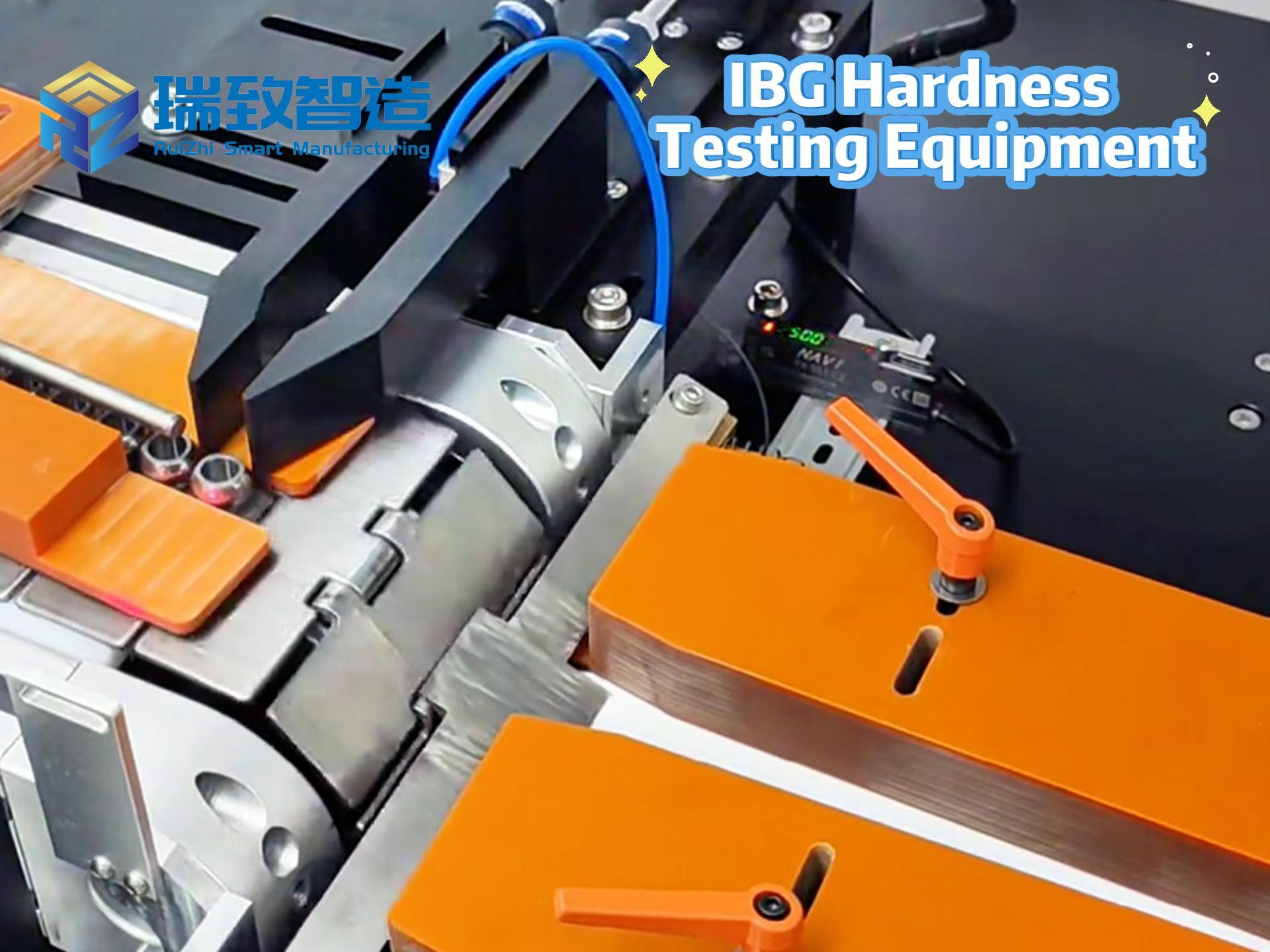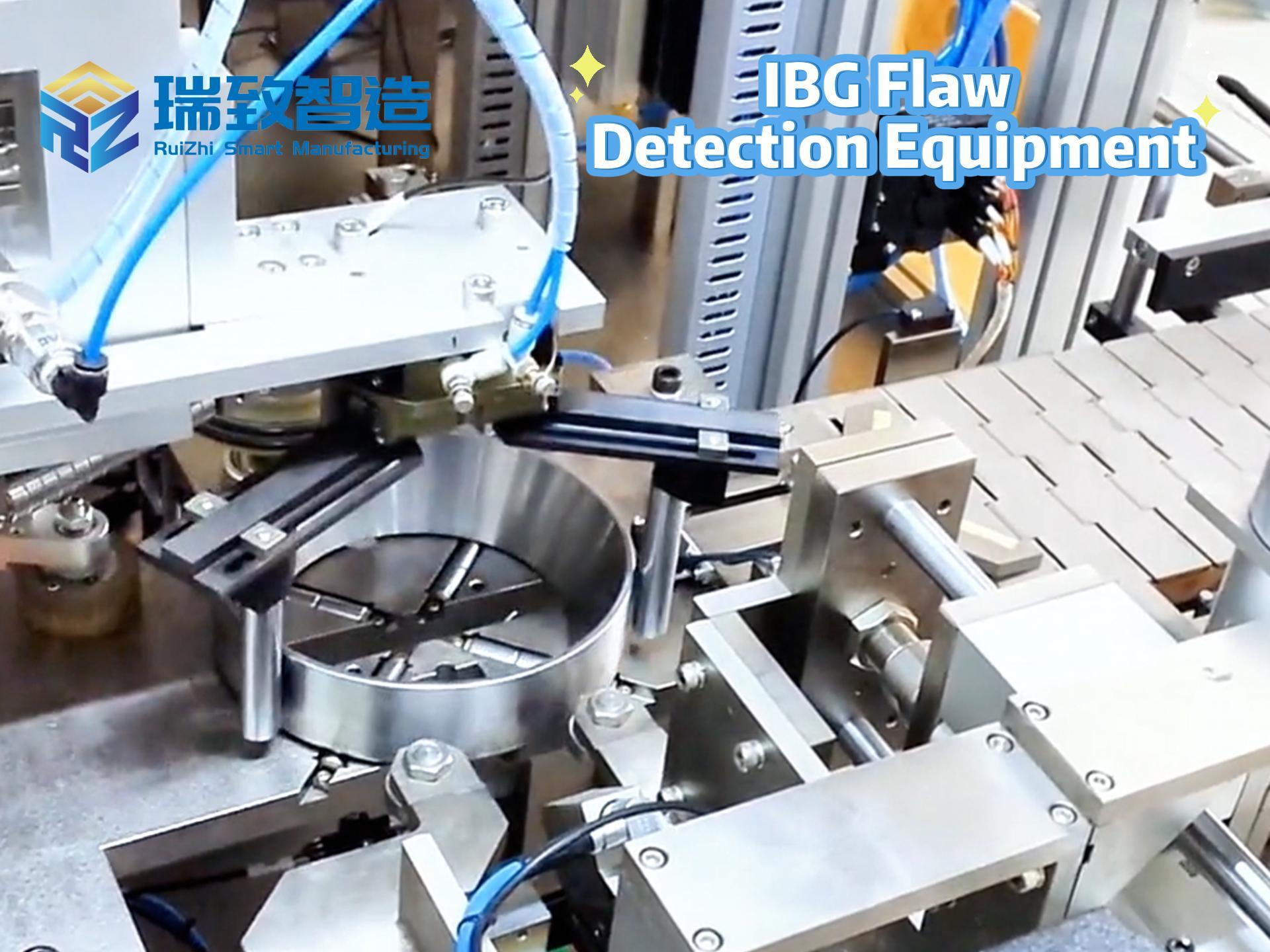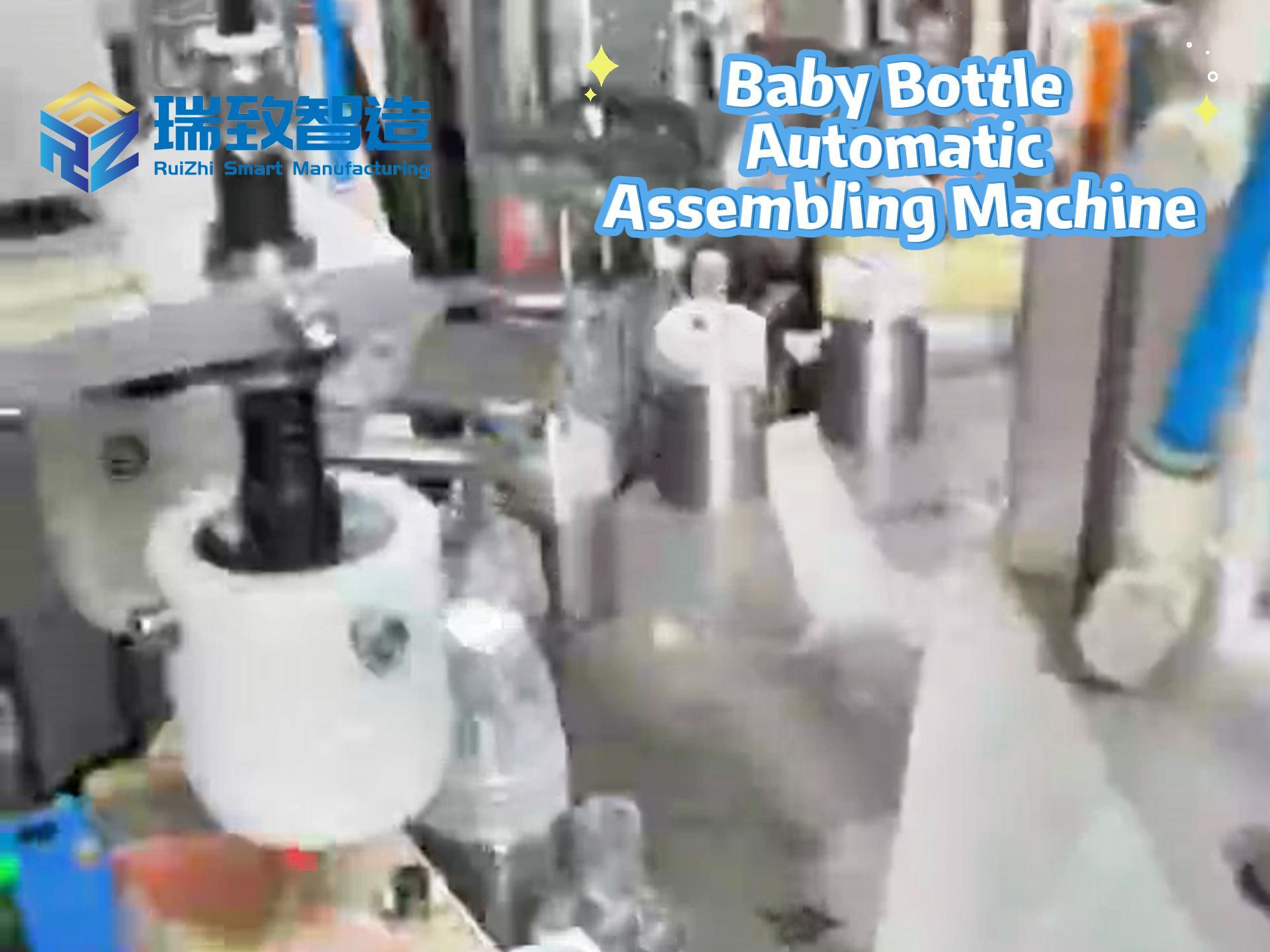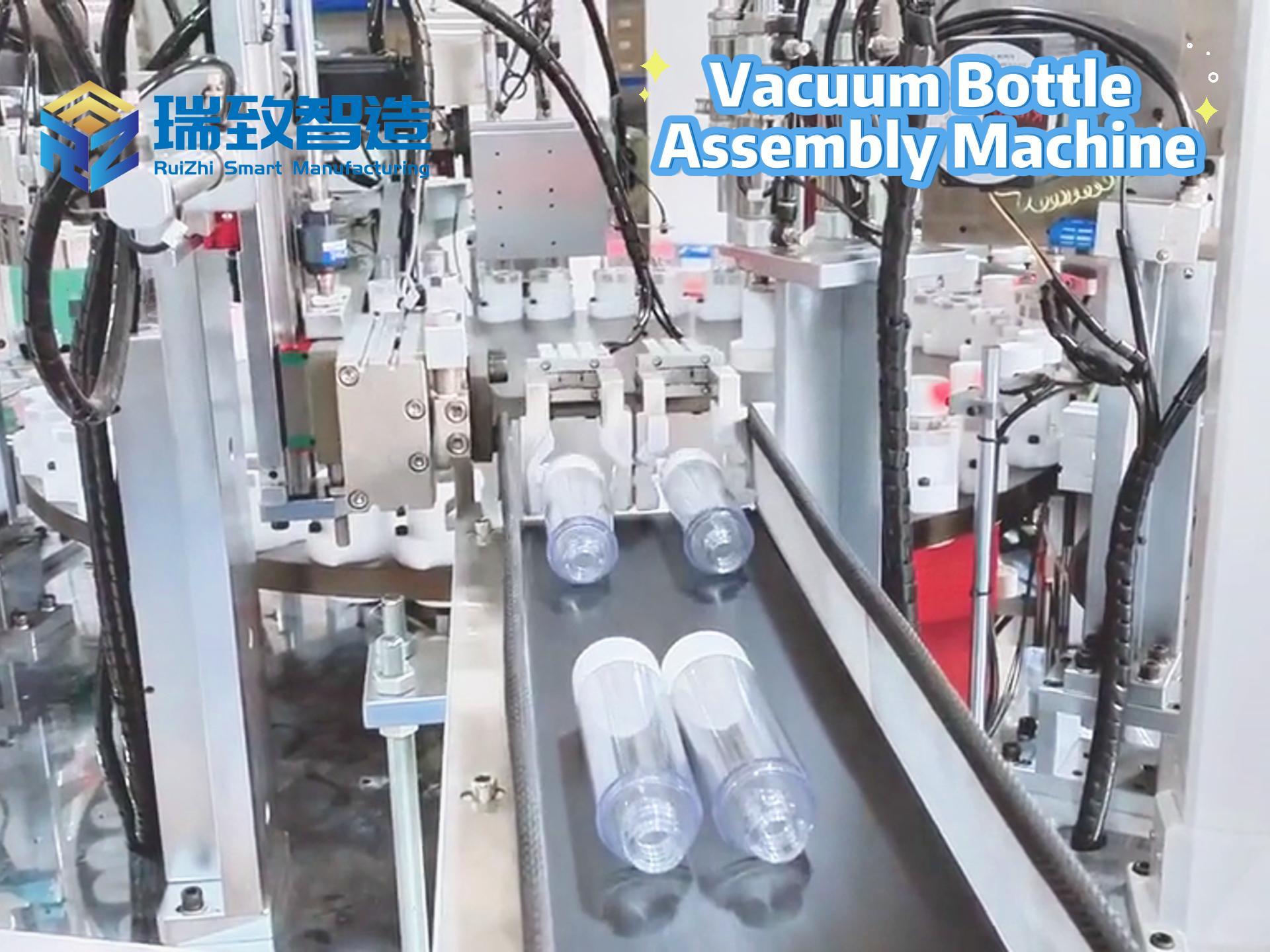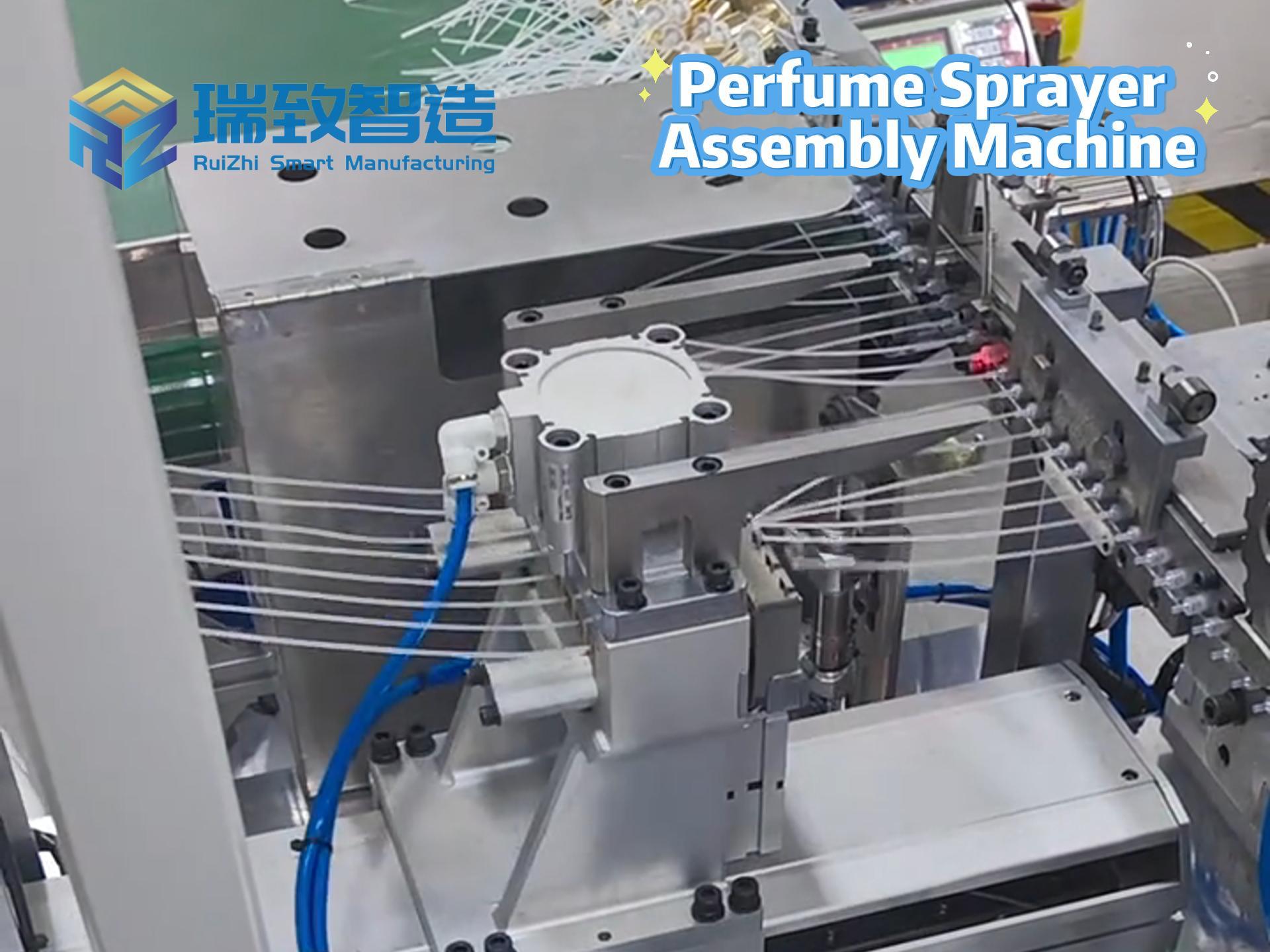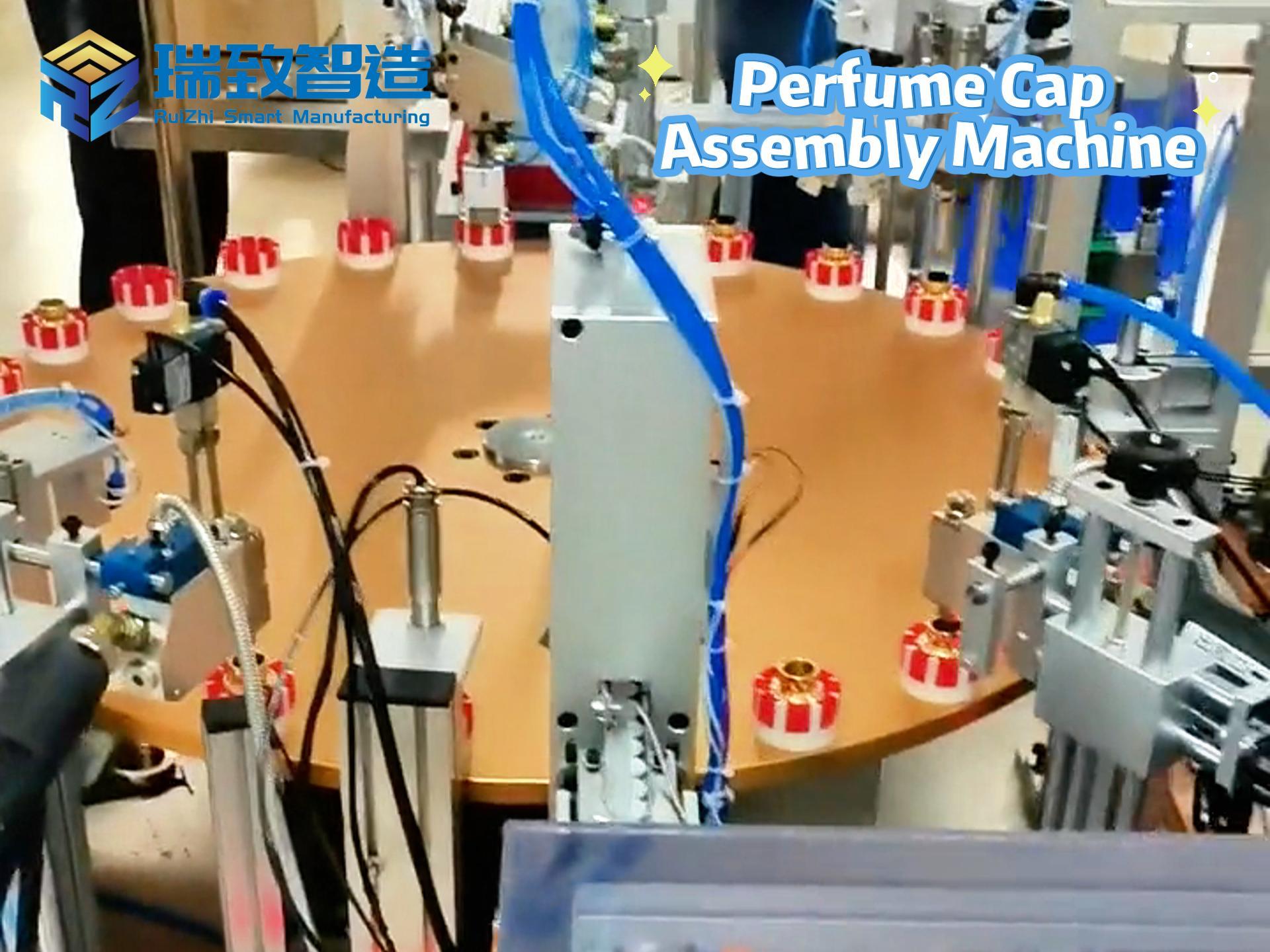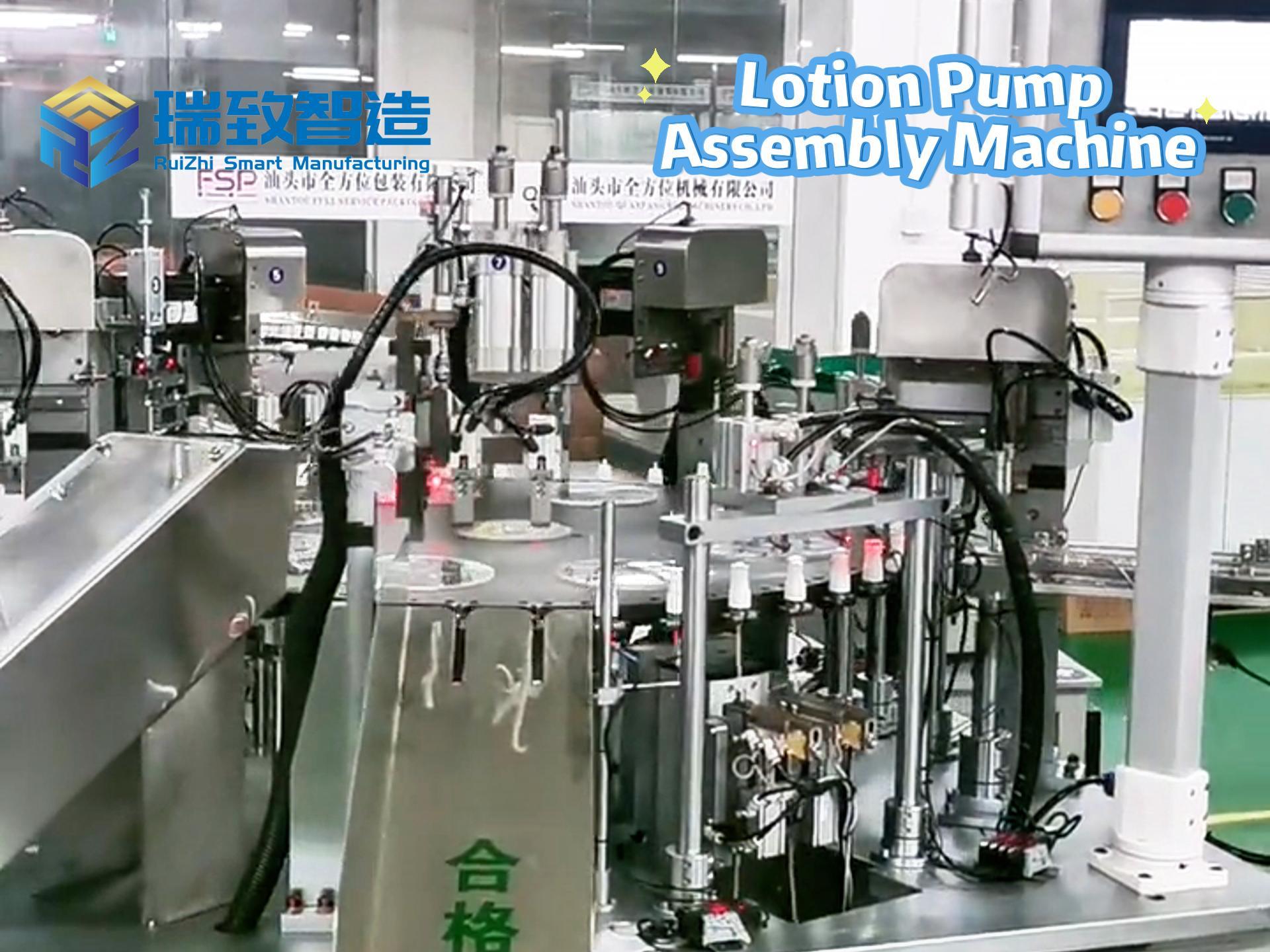Chinese Premier Li Qiang warned on Saturday that artificial intelligence (AI) development must be balanced against security risks, stressing that global consensus is urgently needed even as the tech rivalry between Beijing and Washington shows no sign of easing.
His remarks came just days after U.S. President Donald Trump unveiled an aggressive low-regulation strategy aimed at cementing U.S. dominance in the fast-evolving field, vowing to “remove red tape and onerous regulation” that could hinder private-sector AI innovation.
Speaking at the opening of the World AI Conference (WAIC) in Shanghai on Saturday, Li emphasized the need for AI governance and open-source development, while announcing the launch of a China-led international AI cooperation body.
“The risks and challenges posed by artificial intelligence have attracted widespread attention… How to strike a balance between development and security urgently requires broader societal consensus,” the premier stated.
He did not provide further details about the newly announced organization, though state media later reported that “initial plans” suggest it will be headquartered in Shanghai. Xinhua News Agency noted that the body will “promote global governance characterized by extensive consultation, joint contribution, and shared benefits,” without elaborating on its structure or operational mechanisms.
As AI becomes integrated into nearly all industries, its applications have raised critical questions, including those related to the spread of misinformation, impacts on employment, and the potential loss of technological control.
In a speech at WAIC on Saturday, Nobel Prize-winning physicist Geoffrey Hinton likened the current situation to “keeping a very cute tiger cub as a pet.” “To survive, you need to ensure you can train it not to kill you when it grows up,” he said.
Pledge to Share AI Advances
The rapid progress of AI technology in recent years has pushed it to the forefront of U.S.-China rivalry. Premier Li stated that China will “actively promote” the development of open-source AI and is willing to share technological advances with other countries, especially developing ones.
“If we engage in technological monopolies, controls, and blockades, artificial intelligence will become the preserve of a few countries and enterprises,” he warned.
Vice Foreign Minister Ma Zhaoxu later echoed this sentiment at a related meeting, cautioning against “unilateralism and protectionism.”
In recent years, Washington has expanded efforts to restrict exports of cutting-edge chips to China, citing concerns that such technology could advance Beijing’s military capabilities and erode U.S. tech dominance. Li, in his speech, highlighted “insufficient supply of computing power and chips” as a key bottleneck for AI progress.
China has designated AI as a cornerstone of its strategy for technological self-reliance, with the government rolling out a series of measures to boost the sector. In January, Chinese startup DeepSeek unveiled an AI model that matched the performance of top U.S. systems despite relying on less powerful chips.
A “Defining Test” for Global Cooperation
In a video message played at the WAIC opening ceremony, U.N. Secretary-General Antonio Guterres described AI governance as “a defining test of international cooperation.”
Anne Bouverot, France’s AI envoy, also emphasized during the ceremony an “urgent need” for global action and called for the U.N. to play a “leading role.” She advocated for a governance framework that is “open, transparent, and effective, giving everyone an opportunity to have their views heard.”
George Chen, a partner at Washington-based policy consultancy The Asia Group and a WAIC attendee, noted that Li’s speech “stood in clear contrast to the Trump administration’s ‘America First’ approach to AI and the U.S. measures announced this week.”
“The world is now clearly divided into at least three camps: the United States and its allies, China (and possibly many Belt and Road or Global South countries), and the EU, which prefers regulating AI through legislation like the EU AI Act,” Chen told Agence France-Presse (AFP).
At an AI summit in Paris in February, 58 countries—including China, France, and India—along with the European Union and the African Union Commission, called for strengthened coordination on AI governance. However, the U.S. warned against “excessive regulation” and, together with the U.K., refused to sign the summit’s appeal for “open,” “inclusive,” and “ethical” AI development.
As AI continues to reshape economies and geopolitics, the divide in global governance approaches underscores the urgency of Li’s call for consensus. Whether nations can move beyond rivalry to build collaborative frameworks may ultimately determine whether AI becomes a force for shared progress or deeper division.
What are the advantages of the tap control button assembly machine?
Recommend some manufacturers of faucet control button assembly machines.

